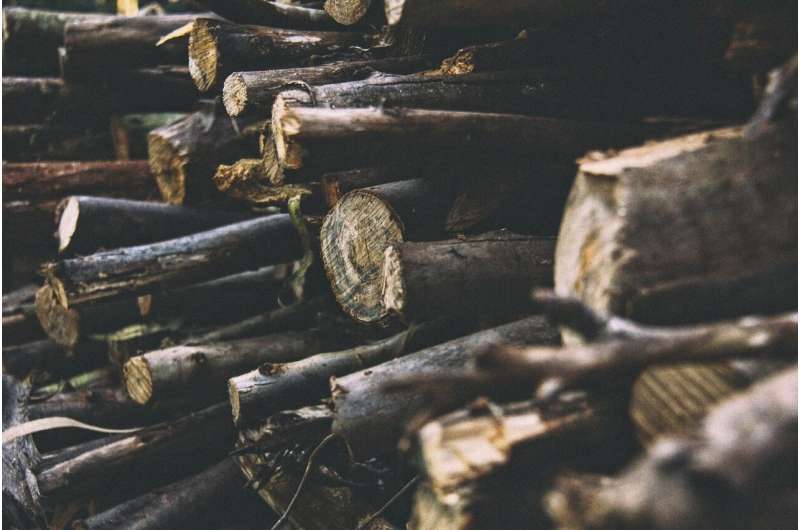Forest loss in Brazil contributing to rising temperatures

A global team of scientists including researchers from The University of Western Australia and the United States has found deforestation in the Brazilian Amazaon-Cerrado region is causing temperatures to rise in areas as far as 50km away from deforestation sites.
Associate Professor Sally Thompson, from UWA's School of Civil, Environmental and Mining Engineering and UWA Institute of Agriculture, said deforestation in Brazil mostly happened because farmers wanted to increase the land area they could farm.
"However, our research highlights the long-ranging impact on temperatures from deforestation and how farmers will benefit from forest conservation, which will help protect crops and stock from the worst of temperature extremes," Professor Thompson said.
The researchers analyzed satellite observations in the Amazon-Cerrado region to observe changes to forest cover and temperatures at more than 2000 sites between 2000 and 2015. They looked at how much the daily maximum temperature at a forested site would increase as the size of forest around it decreased. They also examined how far away from the area of deforestation temperatures would be affected.
Professor Thompson said although people thought of climate change as happening because of greenhouse gas emissions, changes in land cover, such as forest loss, also had dramatic effects.
"Tree cover stabilizes temperatures, because trees use water when they photosynthesize, and their evaporation cools the land," Professor Thompson said. "If you replace forests with crops, which use much less water, temperatures can increase by as much as two degrees Celsius."
Professor Thompson said the findings offered relevance to the importance of the conservation and restoration of forests and woodlands in Australia.
"Our own track record on deforestation is not great," she said. "Queensland has been clearing forests as rapidly as Brazil, mostly for cattle pasture. We know this is a problem for soil and water health, and a big problem for biodiversity. This research suggests it's likely to worsen the effects of climate warming."
Professor Thompson said the study, published in Environmental Research Letters, differed from other studies because it separated the effects of warming from forest loss at the site where forests were cleared, from warming that occurred due to neighboring forest losses.
"The fact that temperatures are sensitive to the loss of forest cover from up to 50km away is a surprise—it's much further than we anticipated," she said.
"Overall, we also found deforestation in the Amazon has caused temperatures to rise by about 0.5 degrees Celsius, with those temperature increases evenly split between the warming occurring where forest was lost and warming around that area."
More information: Avery S Cohn et al. Forest loss in Brazil increases maximum temperatures within 50 km, Environmental Research Letters (2019). DOI: 10.1088/1748-9326/ab31fb
Journal information: Environmental Research Letters
Provided by University of Western Australia



















